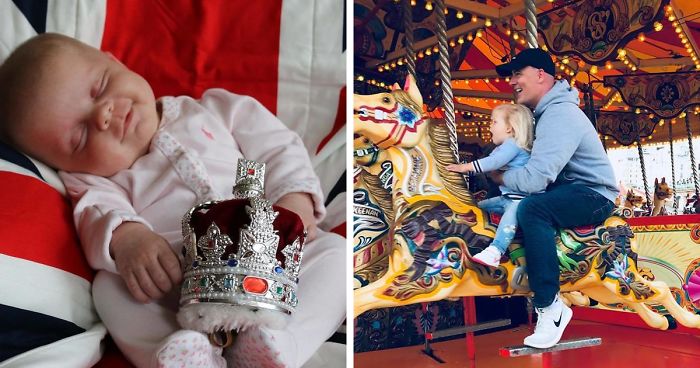
Princess Culture Without The ‘Toxic BS’: Daughter Shares Her Dad’s Parenting Methods, And People Love Them
The term “princess culture” has a lot of negative connotations attached to it. For example, mother Susan Scheftel Ph.D. thinks that “the cult of pink […] was oppressive and devaluing, a kind of disempowering caricature of personhood.” Recently, however, one daughter recalled how her dad raised her as a princess but without all the “toxic bull*hit,” and it went viral.
Image credits: mydaughtersarmy
Originally, it appeared on tumblr but author Greg Hogben shared it on Twitter as well.
Image credits: MyDaughtersArmy
“[When I welcomed my own little girl into the world], I did my best not to conform to stereotypes when I bought her all different colors of clothing, studiously avoiding pink,” Scheftel, who specializes in psychotherapy with adults and children, said. “Until my daughter was two, I never even purchased anything pink, and kept all pink clothing that had been inherited or given to my daughter off her, unless the gift giver was visiting.”
“One could say I had a phobia about pink. And yet as soon as my daughter could speak, almost as soon as she had out grown out of her first pair of carefully chosen gender neutral yellow sneakers, she started gravitating toward pink, almost in the manner than a sunflower strains toward the sun.”
According to Scheftel, it was a clear sign of her daughter situating herself in the gender category of ‘girl.’ “Now I realize she may have been an extreme,” she continued. “Some girls might like pink but not make a religion of it as my little one had. And yet, pink, for better or for worse, is what is referred to as a “signifier” of the feminine (children who are gender variant, i.e. do not identify with what is called the natal body, seem to traffic in pink as a marker of their variance. The girls who feel themselves to be boys assertively resist pink and the boys who feel themselves to be girls often embrace the color).”
Image credits: mydaughtersarmy
But Scheftel argues that there are other signifiers that go along with the so-called ‘pink=girl’ equation. “For most little girls in this culture, princesses are an extension or expansion of the cult of pink, and horrifying as it is to contemplate commercialism’s ability to colonize the mind, princesses represent the apogee of all that is desirable for the little girls already in their pink phase. One cannot just dismiss the world of the princess culture, nor assume it is an invention of the Disney conglomerate. In fact, it is most likely that the popularity of all things princess, so dearly embraced by little girls under 5, has to do with something developmental, and likely less to do with consumerism per se.”
People immediately started applauding this father’s parenting methods
Image credits: alioop7
Image credits: theboldroses
Image credits: PuddingStill
How about we let kids enjoy what they enjoy with no pressure from one side or the other? Children are not meant to be banners that you wave around in the progressive vs conservative war. It doesn't matter what YOU like. Let them assert themselves and not be ashamed of liking or not liking pink.
About the first paragraph on people hating upon princess culture aimed towards girls. Well, when I was young, I grew up under the image of the "princess warrior", so.... Not all princesses need to be rescued (but it's good to have a sidekick ♥).
My teacher used to read that book to us and said that the prince was the metaphorical dragon.
Load More Replies...How about we let kids enjoy what they enjoy with no pressure from one side or the other? Children are not meant to be banners that you wave around in the progressive vs conservative war. It doesn't matter what YOU like. Let them assert themselves and not be ashamed of liking or not liking pink.
About the first paragraph on people hating upon princess culture aimed towards girls. Well, when I was young, I grew up under the image of the "princess warrior", so.... Not all princesses need to be rescued (but it's good to have a sidekick ♥).
My teacher used to read that book to us and said that the prince was the metaphorical dragon.
Load More Replies...
 Dark Mode
Dark Mode 

 No fees, cancel anytime
No fees, cancel anytime 











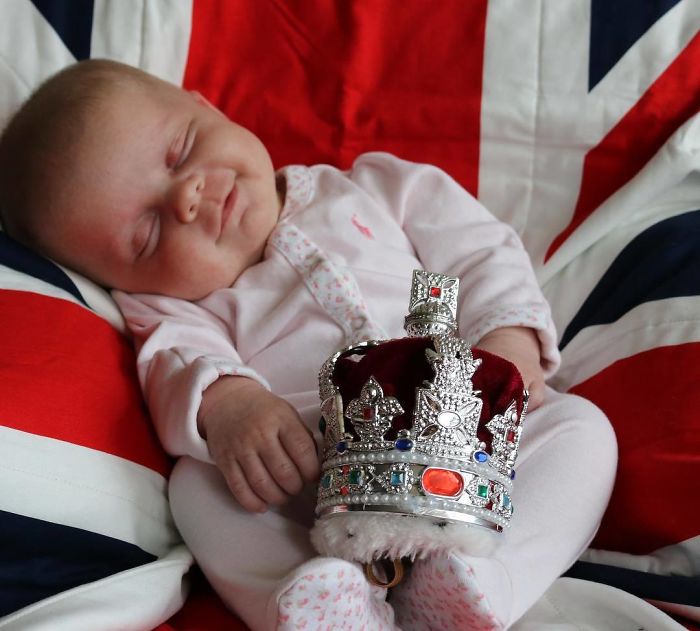







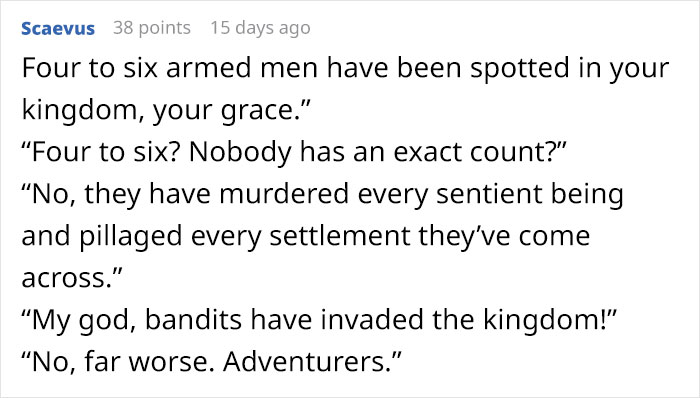





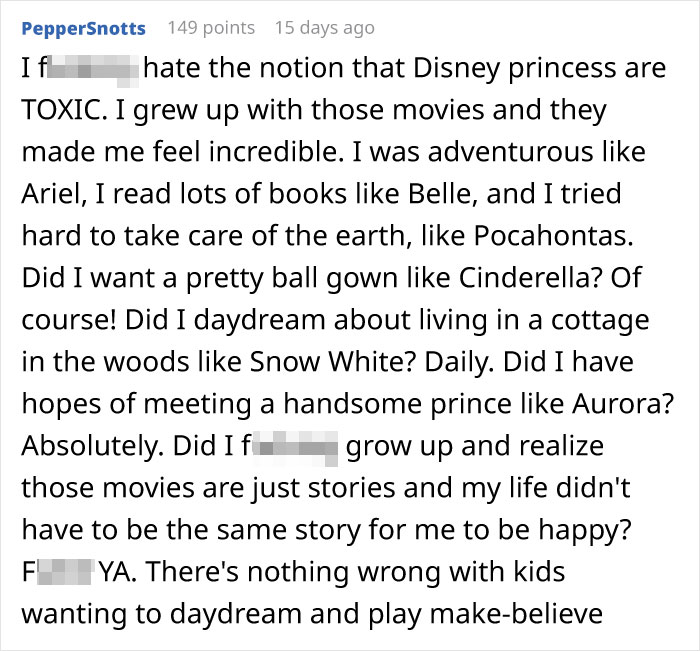
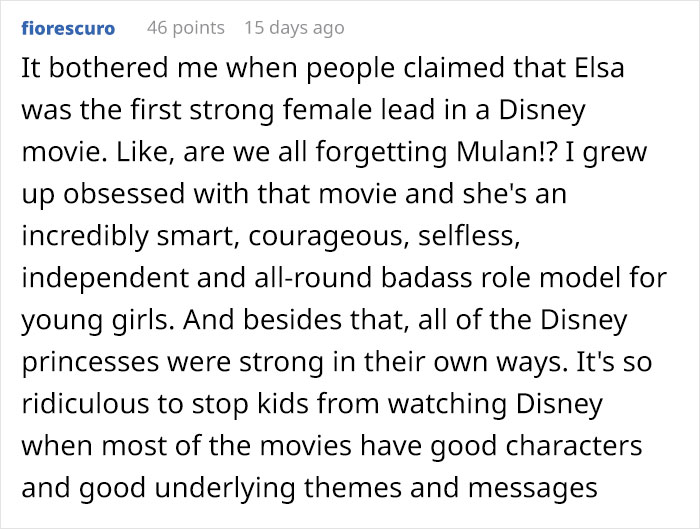
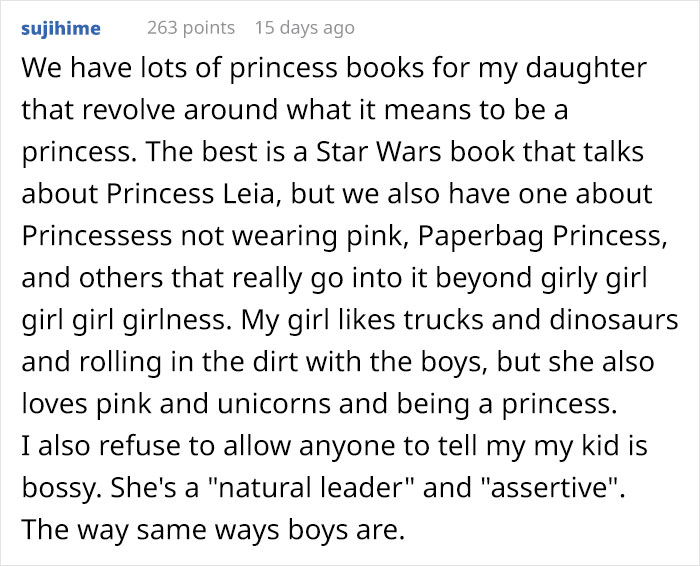

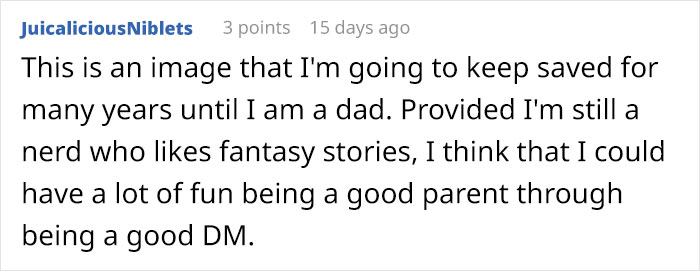













































141
38